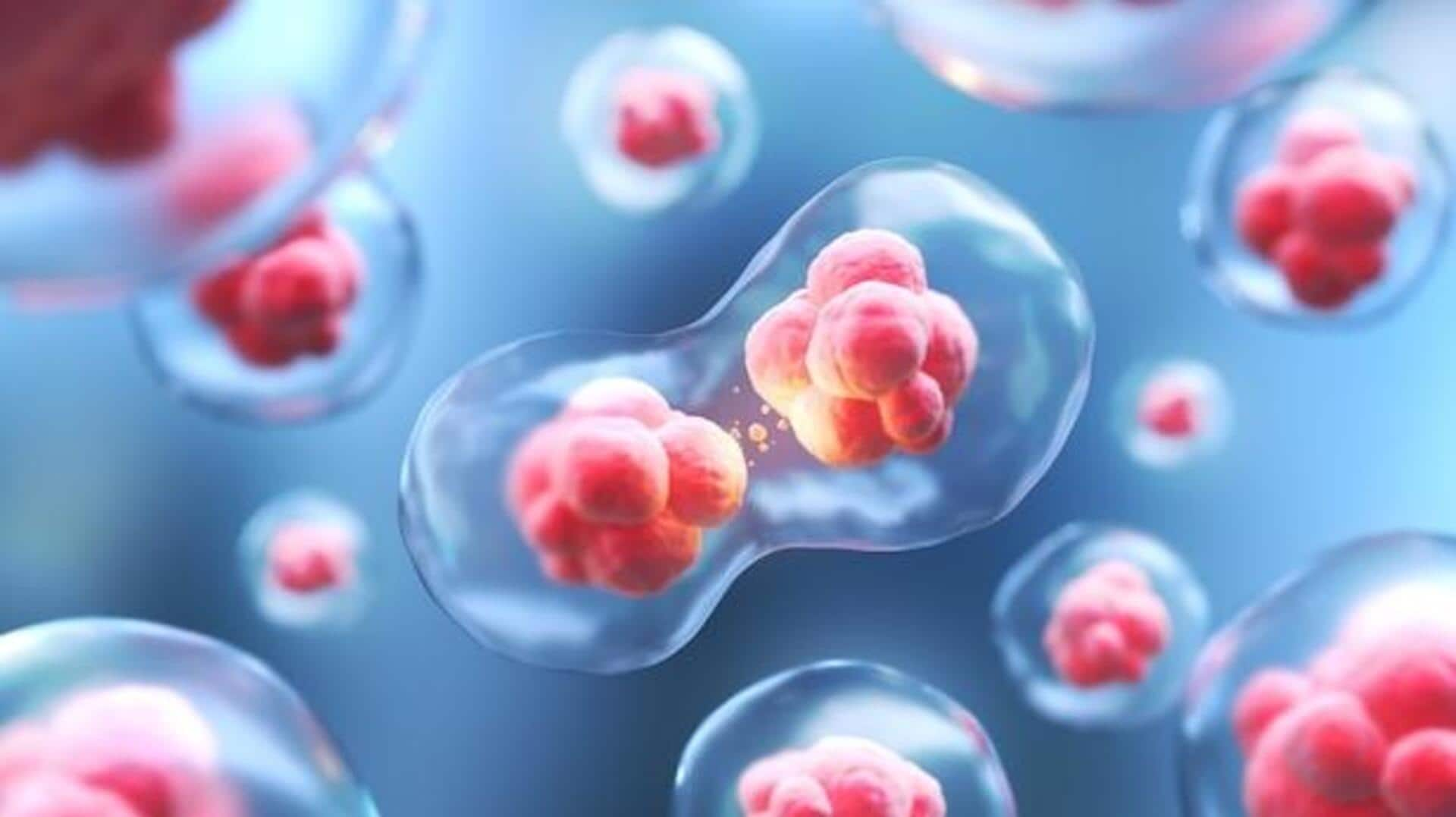
Human kidney grown inside pigs in China: Here's how
What's the story
Chinese scientists have achieved a world first by successfully growing kidneys containing human cells within pig embryos. This breakthrough, which has been published in the journal Cell Stem Cell, could open up new possibilities to address the organ donation shortage. The team from the Guangzhou Institute of Biomedicine and Health employed CRISPR gene editing to achieve this milestone. However, it raises both ethical and scientific questions.
Details
Kidneys are the most commonly transplanted organs in human medicine
The team focused on kidneys because they are one of the first organs to develop and the most commonly transplanted organs in human medicine. Using CRISPR gene editing, scientists deleted two genes essential for kidney formation in pigs, creating a "niche." Then, the team added specially engineered human pluripotent stem cells, which have the potential to develop into any cell type, to improve the integration of human cells into recipient tissues.
Process
The pig embryos contained 50-60% human cells
The embryos were grown in test tubes containing nutrients for both human and pig cells and were then implanted in sows. The team transferred 1,820 embryos to 13 surrogate pigs. After a period of 25 and 28 days, they terminated the pregnancy and extracted the embryos to evaluate their progress. The five embryos that were analyzed had "structurally normal kidneys for their stage of development," forming ureters that would eventually connect them to the bladder and comprised 50-60% human cells.
Future research
Researchers want to continue their research, allowing longer development time
While this breakthrough offers hope for addressing organ donation shortages, there are still challenges to overcome before it becomes a viable solution for human transplantation. One limitation is the presence of pig-derived vascular cells in the kidneys, which could cause rejection if transplanted into a human. Researchers plan to continue their work by allowing the kidneys to develop for longer durations. They also intend to explore the growth of other human organs in pigs, such as the heart and pancreas.